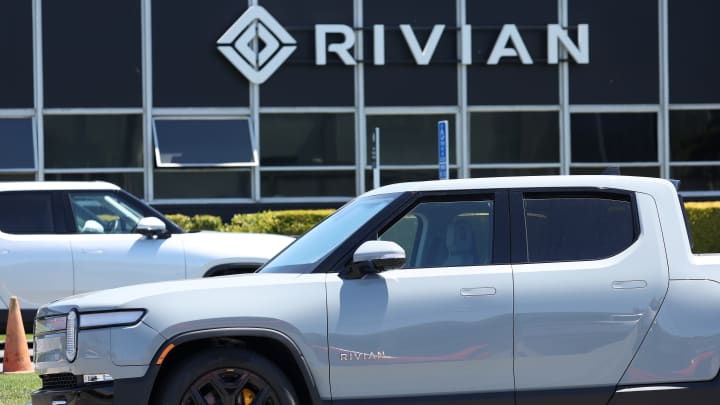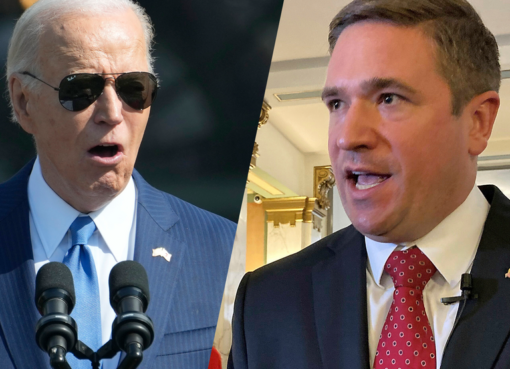Disappointing EV Earnings Send Rivian, Lucid Shares In Downward Spiral

Electric Vehicle manufacturers Rivian and Lucid recently saw their respective share prices plummet after disappointing fourth-quarter earnings amid operational struggles.
Last week, Rivian endured a 25 percent decline in its stock, while share of Lucid fell nearly 17 percent.
According to reports, both companies have endured stagnant production numbers amid a challenging macroeconomic and geopolitical backdrop. Rivian projects that it will make approximately 57,000 vehicles in 2024, slightly lower than the 57,232 vehicles the company manufactured last year. Similarly, Lucid announced it expects to make 9,000 vehicles in 2024, roughly 7% more than the 8,428 vehicles it produced in 2023.
“Our business is not immune to existing economic and geopolitical uncertainties, most notably the impact of historically high interest rates, which has negatively impacted demand,” Rivian CEO RJ Scaringe said on the company’s earnings call last week. Lucid CEO Peter Rawlinson expressed a similar sentiment, noting the negative impact of the high interest rate environment on his company.
However, Rivian reported $1.32 billion in revenue last quarter, beating estimates. Although, the company endured a loss of $1.36 per share, much worse than forecasted, to the dismay of investors. Lucid revenue came in at $157.2 million, falling short of analyst expectations. The company’s $0.30 per share loss was in line with projections.
Rivian and Lucid have experienced declines in their respective stock prices of 40% and 70%, respectively, where both companies have seen their shares completely plummet since their IPOs in 2021. As evidenced by the financial performance of these two prominent manufacturers, the electric vehicle market has endured substantial struggles over the past year.
In 2023, consumer interest in EVs significantly tapered off compared to sharply increasing demand in recent years. Last year, full-year sales fell far short of predictions. The pullback in consumer EV adoption has been blamed on various factors, such as the higher cost of the vehicles compared to gasoline-powered cars amid historically high inflation throughout Biden’s term.
Furthermore, there has been notable consumer hesitancy toward EVs over concerns of insufficient charging infrastructure and lifestyle changes that would be required from the resulting impracticality. “Range anxiety” has also played a role in decreased demand, as many EV batteries cannot compete with the driving range of a gasoline tank.
The American Tribune reported last year on thousands of auto dealers writing an open letter to the Biden administration calling to pull back on the EV agenda amid low consumer demand. “These vehicles are ideal for many people, and we believe their appeal will grow over time. The reality, however, is that electric vehicle demand today is not keeping up with the large influx of BEVs [battery electric vehicles] arriving at our dealerships prompted by the current regulations. BEVs are stacking up on our lots,” the letter read.
“Mr. President, it is time to tap the brakes on the unrealistic government electric vehicle mandate. Allow time for the battery technology to advance. Allow time to make BEVs more affordable. Allow time to develop domestic sources for the minerals to make batteries. Allow time for the charging infrastructure to be built and prove reliable. And most of all, allow time for the American consumer to get comfortable with the technology and make the choice to buy an electric vehicle,” it continued.



Leave a Comment